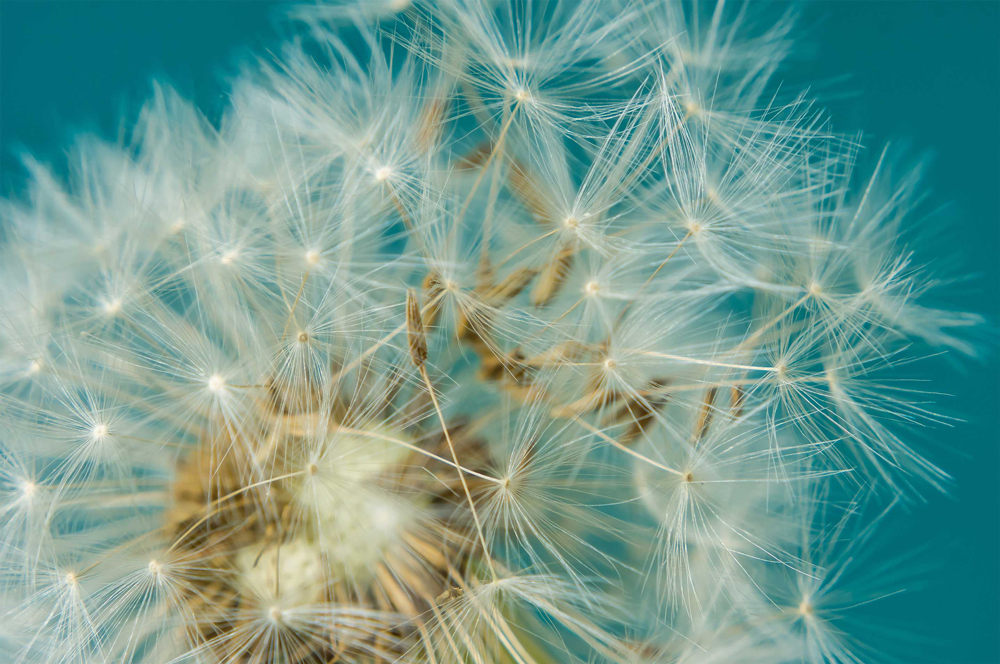Why Take Part in Charitable Tasks? Ego-Systems versus Eco-Systems

One strategy for developing children’s confidence and self-concept is to encourage them to see what they could do for others and not just for themselves. Doing a task for somebody other than themselves takes away the focus from themselves and their own ruminations on self-doubt and lack of worthiness. When the goal is to do something for others or for a group it can take the pressure off the individual. Examples of tasks that children can do for others could include helping to make the dinner, laying the table, helping a sibling or friends with homework, helping parents work out computer related problems and so on. Bigger issues such as world peace, our planet and the state that it is in could also be focused on, as this helps to increase the sense of worth without focusing on the individual.
Research indicates that people who have long-term goals which are related to things outside of themselves develop better levels of self-worth. In the literature on self-esteem and self-worth, the terms egosystem and ecosystem are used. Egosystem refers to a focus on oneself (it is all about me) where as ecosystem (I care about something larger than myself), focuses on things outside of oneself . Those that focus on ecosystems develop better levels of self-worth because they change the focus from ruminating about themselves and worrying about their lack of self-worth to ecosystems thinking.
People who focus on ecosystems tend to feel a great sense of relief as the focus is no longer on themselves. It is important to acknowledge that people who focus on ecosystems are not making sacrifices but are showing signs that they care about what matters to themselves as well as others. It is about recognising that individual needs and the needs of a wider system are being met and that is good for the wider community. Ecosystem thinkers are people who care about the wider community rather than carrying out tasks in order to just show how great they are.
Teenagers may find the following questions helpful to think about when considering ecosystems:
What is it that I really care about?
What difference do I want to make to this situation?
What am I trying to accomplish here?
What am I trying to do to help the other person?
At The Wellbeing Practice, we try to think about ecosystems and are currently developing some downloadable guides, the proceeds of which will go to different charities.
Thank you for all your support and good luck with your own ecosystem thinking.

